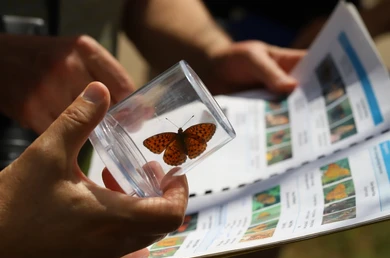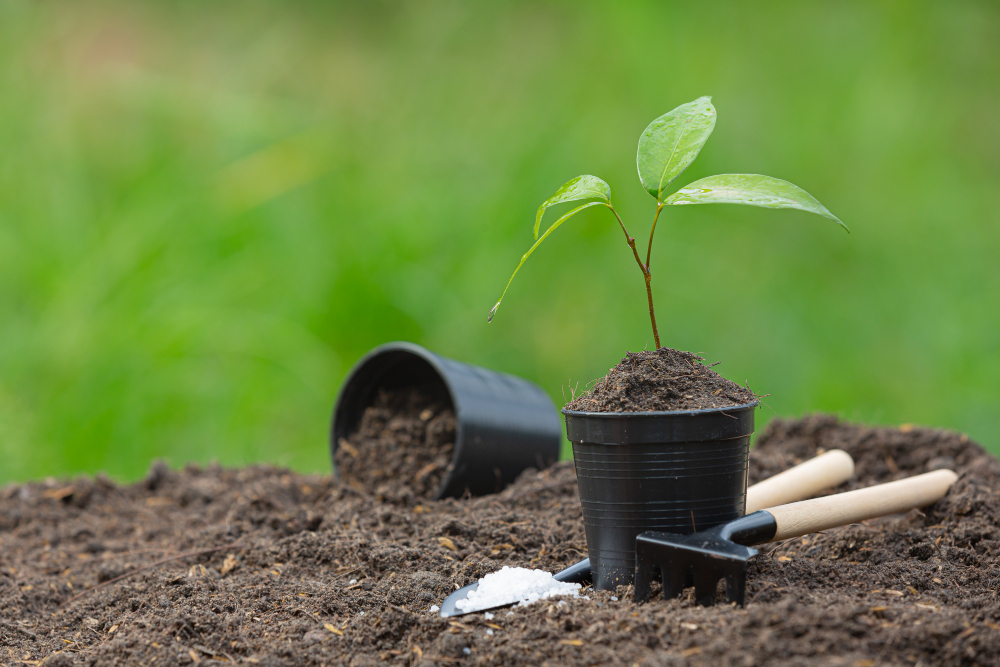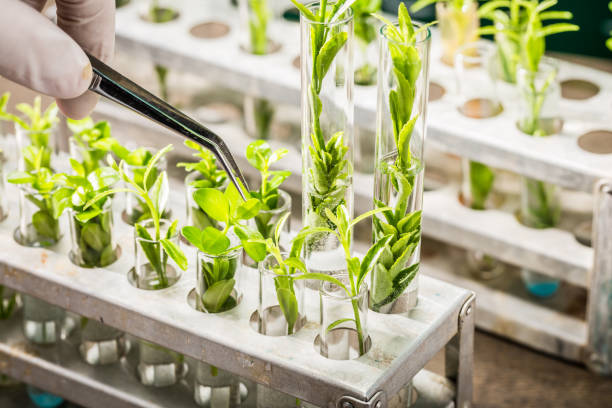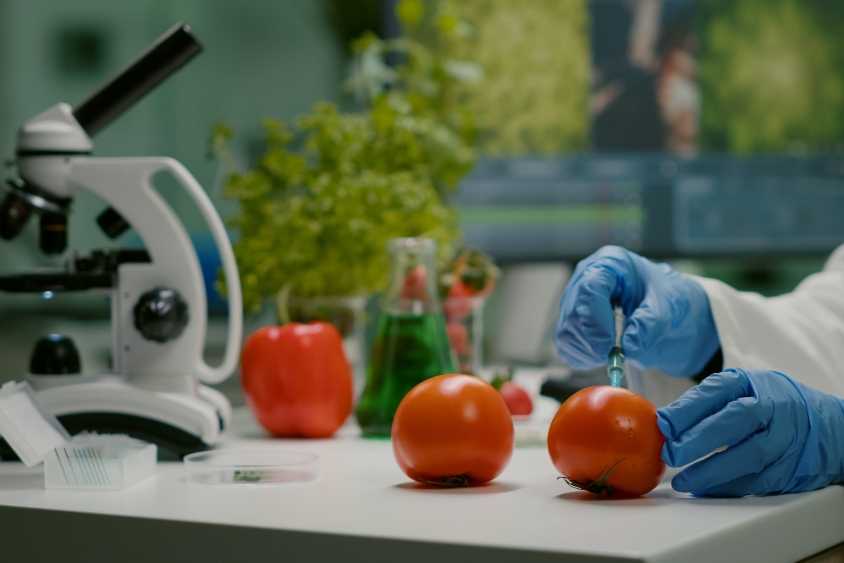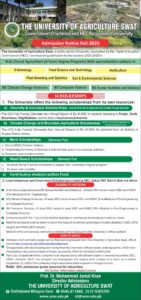


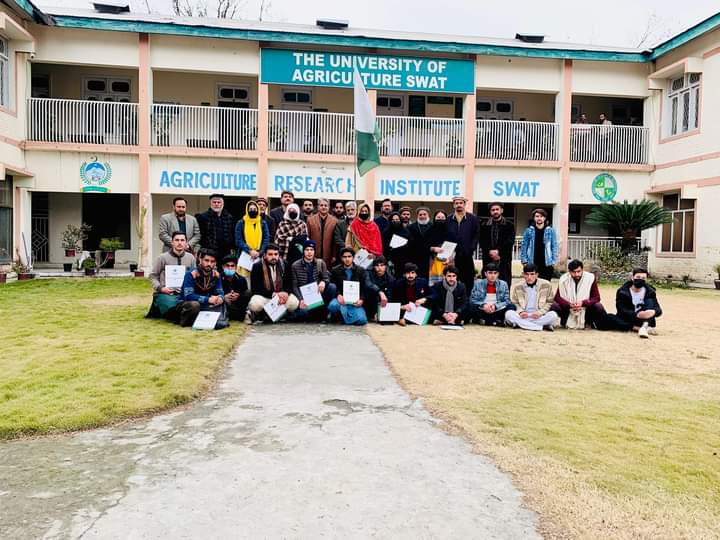
















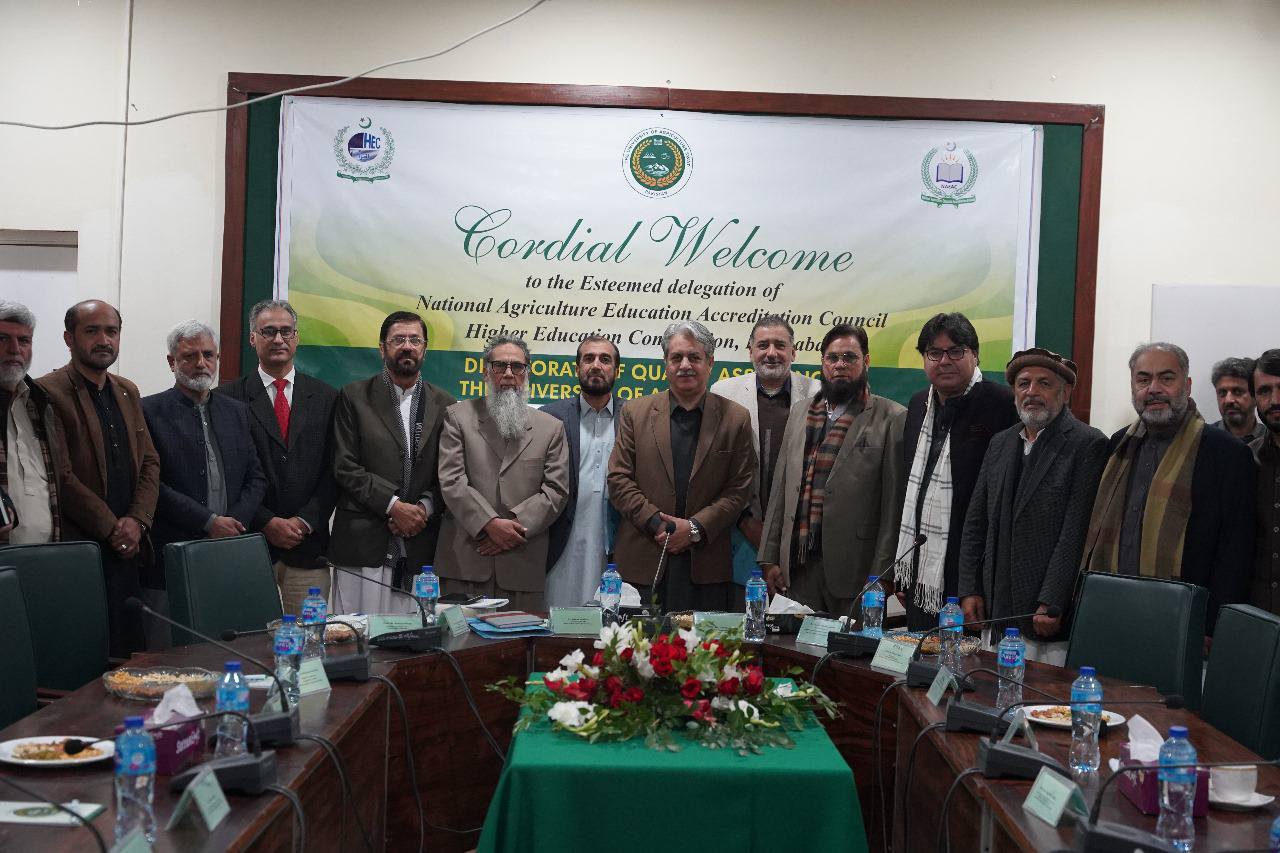

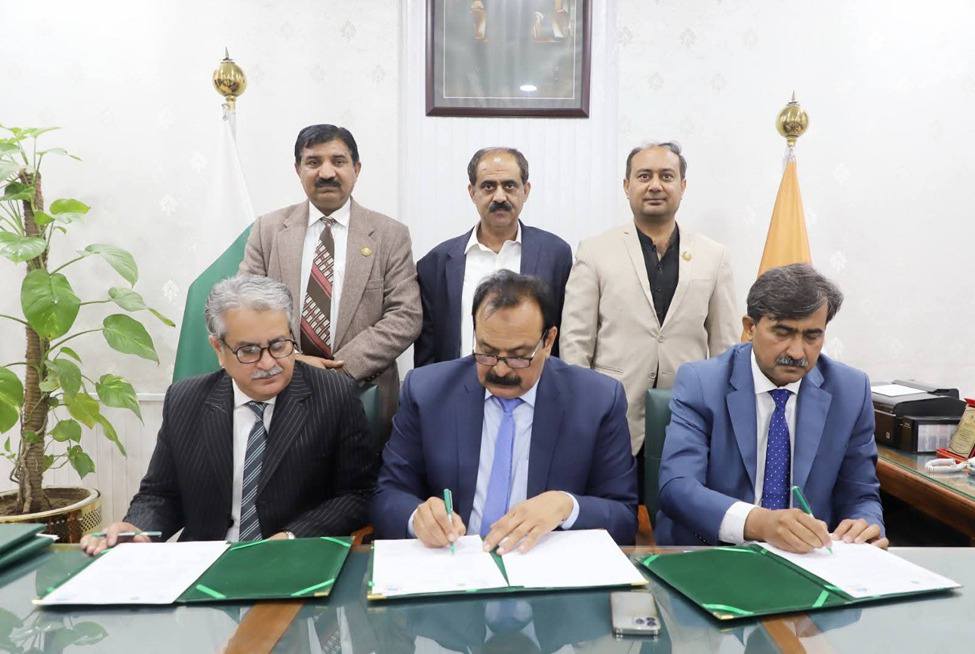
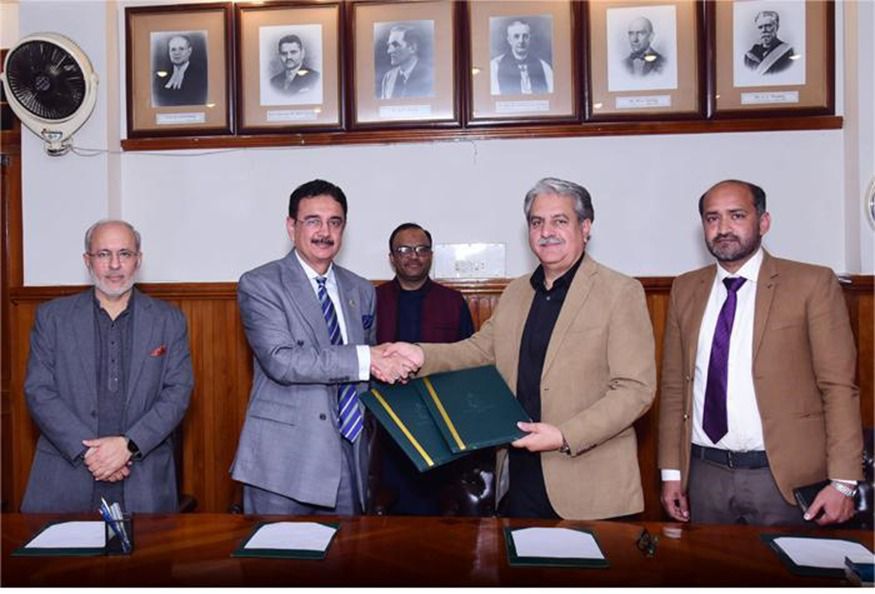
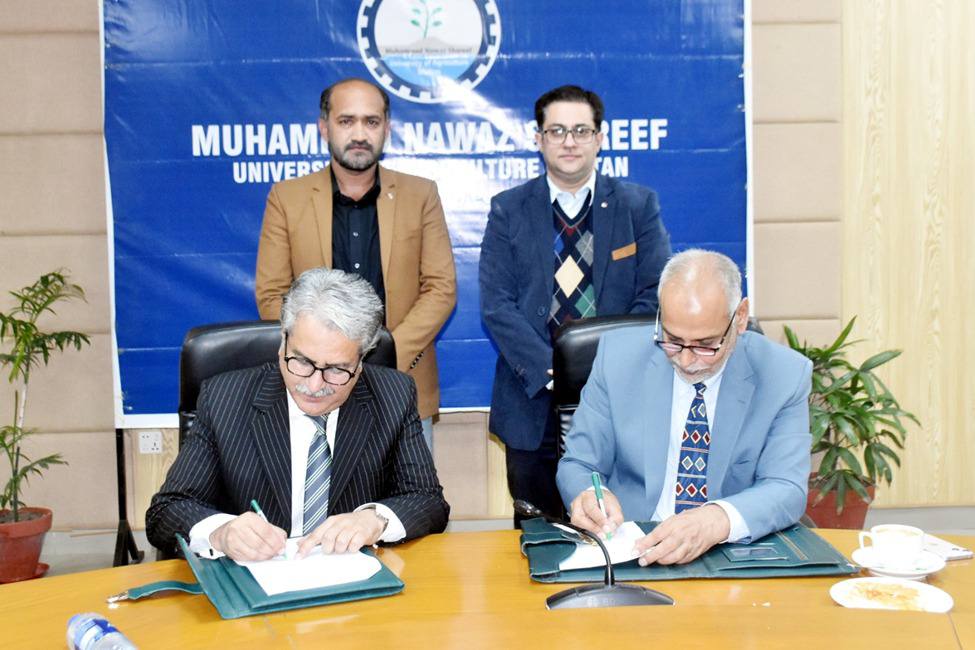
A landmark tripartite Memorandum of Understanding (MoU) was signed between the University of Agriculture Swat (UoAS), Ghazi University, Dera Ghazi Khan and University of Agriculture Faisalabad (UAF).
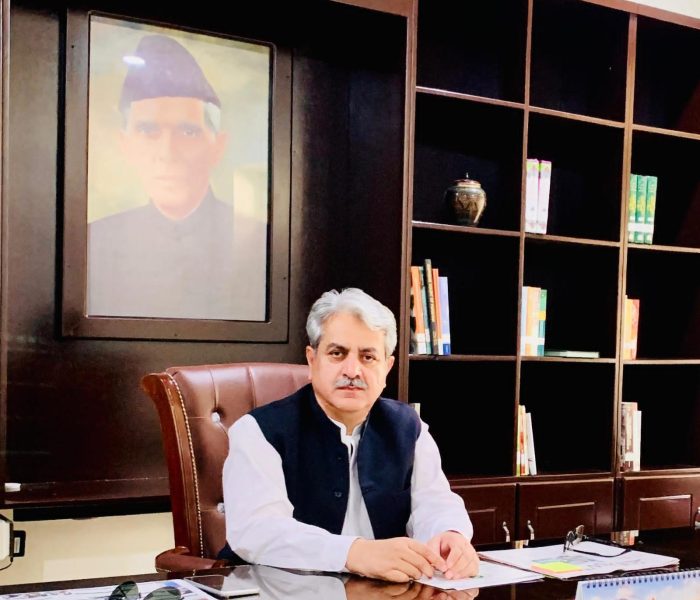
Vice Chancellor’s Message
No doubt there is a growing realization at the policy level that the only way forward for progress and prosperity of the nation is a well thought transition to the knowledge economy.
The setting of national priorities in this context increases the significance of the higher education sector in the country. Universities, today, are expected to deliver not only in the core areas of teaching research but also have to respond to the demands posed by challenges of socio-economic and cultural progress.I am highly indebted to Allah almighty for giving me the opportunity to serve in the higher education sector and feel honored to serve in the capacity of Vice Chancellor of The University of Agricultural Swat.
Vison
To be a leading institution of food security through quality education, research, and outreach to build knowledge-based economy
Mission
Contribute to the sustainable development of agriculture and related natural resources by providing knowledge-based education, research, and outreach in line with national and international standards and market needs
About University
Welcome to our esteemed agricultural university, a hub of excellence dedicated to advancing knowledge, fostering innovation, and shaping the future of agriculture. Founded on the principles of sustainability, technology integration, and community engagement, our university stands as a beacon of academic prowess and practical application in the field of agriculture. Our distinguished faculty, state-of-the-art facilities, and commitment to holistic education provide students with a unique learning experience, equipping them with the skills and insights necessary to address the challenges of modern agriculture. Explore our vibrant academic community, where curiosity meets expertise, and where students are empowered to become the next generation of leaders in agriculture, driving positive change on both local and global scales. Join us on a journey of discovery, innovation, and impact, as we cultivate a brighter, more sustainable future for the world of agriculture.

GRADUATE PROGRAMS

soil & Environmental sciences

HUMAN NUTRITION & DIETETICS

COMPUTER Science

ARTIFICIAL INTELLIGENCE

Scholarships
At our agricultural university, we understand the importance of accessible education. Through our scholarship programs, we are committed to supporting and empowering deserving students who exhibit exceptional dedication to the field of agriculture. These scholarships aim to alleviate financial barriers, ensuring that talent and passion are the primary drivers of success. We encourage aspiring students to explore these opportunities and embark on their educational journey with us, confident that financial constraints should not hinder the pursuit of knowledge and excellence in agriculture.
News & Updates




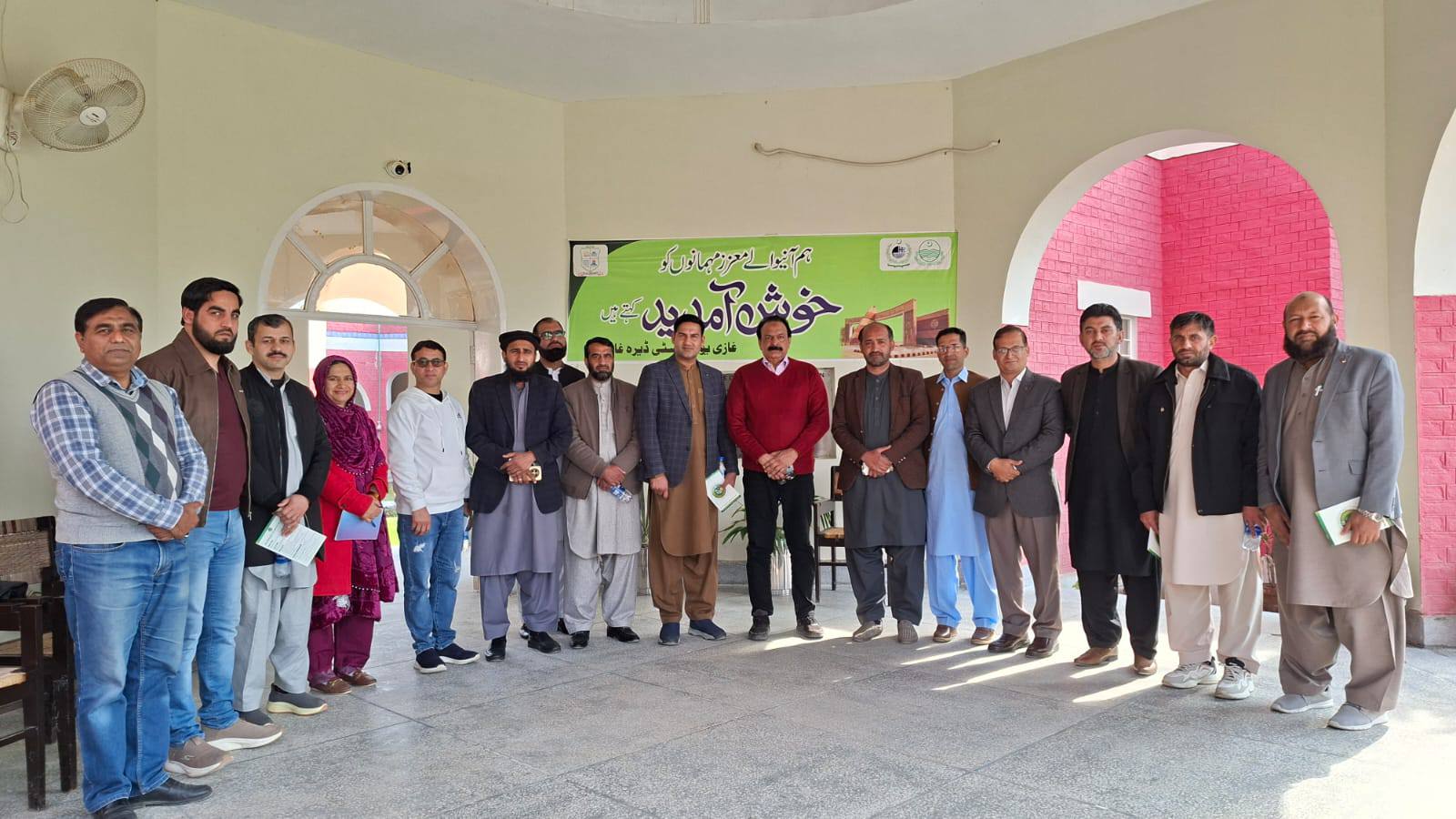
Adoption of HEC policy for Students with Disabilities at Higher Education Institutions.
The MoU was signed by Prof. Dr. Dawood Jan, Vice Chancellor of UoAS, and Prof. Dr. Asif Ali (T.I.), Vice Chancellor of MNSUAM.
The University of Agriculture Swat (UoAS) and Ghazi University (GU) have successfully concluded the first batch of their faculty exchange program, a landmark initiative under the Memorandum of Understanding (MoU) signed by Prof. Dr. Dawood Jan, Vice Chancellor of University of Agriculture Swat and Prof. Dr. Ashfaq Ahmad, Vice Chancellor of Ghazi University, Dera Ghazi Khan.
Gallery

Contact Us
For any inquiries, collaborations, or further information, we welcome you to get in touch with us. Our dedicated team is here to address your questions and assist you in navigating the diverse opportunities available at our agricultural university. Feel free to reach out through our contact form, email, or phone, and we look forward to connecting with you as we collectively contribute to the advancement of agriculture.


